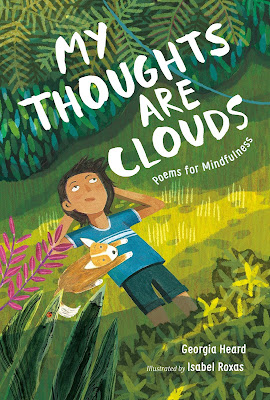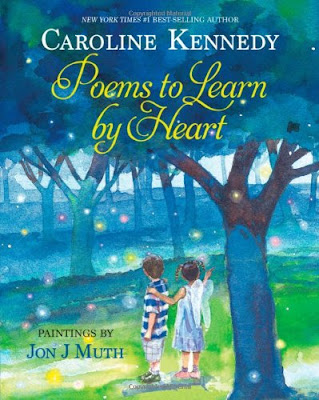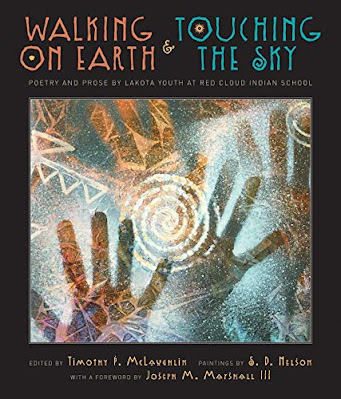The Brimstone Journals
Bibliography:
Koertge, Ron. The Brimstone Journals. Cambridge: Candlewick Press, 2001. ISBN 9780763617424.
Summary:
The Brimstone Journals is a haunting verse novel about the 2001 senior class of Branston High School. This collection of poems alternates between the voices of 15 characters and builds an unsettling portrait of the rage, longing, bigotry, dreams, and desperation seething beneath the surface of this graduating class. Hovering above each poem is its author’s handwritten name. The diverse cast of characters share their inner thoughts about escaping from controlling boyfriends, protesting environmental destruction, avoiding creepy step-fathers, dealing with teachers, disappointing their parents, tentatively making friends, scoring with girls and guys, coming out, getting rejected, feeling ugly and fat, suffering at the hands of bullies, playing music and video games… and making them all pay. Boyd is an angry young man who hates his abusive father and his classmates, and after consorting with Mike, a white supremacist from the corner store, they begin to make a list of names. A day is coming when they will all be sorry. The six sections labeled with roman numerals mark a growing dread as rumors begin to spread about “the list” and the possibility of an impending tragedy that could destroy them all.
Analysis:
Although this verse novel was written twenty years ago in the wake of the 1999 Columbine shootings, and it includes some dated references to pagers and VHS rentals, its concerns feel eerily relevant today. Students who have grown up with lockdown drills and who have seen white supremacist groups radicalize lonely outsiders will, unfortunately, have no trouble understanding the themes of this story.
Although penmanship reveals something about the characters, it's their unique voices that set them apart. Some poems have little figurative language at all. Damon, all-star jock, bully, and Kelli’s jealous boyfriend writes, “We are the champions! / Numero Uno!! [...] Everybody loves us--chicks, teachers, / everybody!!” His voice is rhythmic, like a cheer. Lester writes in similes: “Those jocks come down the hall like / a tidal wave of muscle. On a good day / they only knock me into the wall once.” Neesha invents her own language as an act of defiance: “I don beleave in the white man sway. [...] Sew -- dat aint 4 me, I reef-use 2 / conform, purrform, or reef-orm.” She wields language on her own terms, eviscerating Boyd in speech class: “Your mind strikes out / While your lower lip pouts [...] You never do your lessons / Except your Nazi rantin sessions / Snowin nobody, you poor fool.” Perhaps the most insightful poetic voice belongs to Tran, a Vietnamese son of immigrants. He writes, “Buddhist hungry ghosts are ugly, / with skinny necks and bloated stomachs. / American ghosts are attractive but still insatiable: Damon longs for greater strength, Rob for more conquests, Neesha for revenge [...] And me? Haunted by my father’s memories, I am an anthology of ghosts.” His strong sense of metaphor and his multicultural perspective allow him to mine deep truths about American society. The stylistic differences in each students’ writing reveal their inner preoccupations, their most urgent concerns, fears, and prejudices.
The narrative arc is expertly constructed, creating a sense of unity and continuity between the poems. Koertge advances the plot through these journal entries almost entirely written in unrhymed free verse as each character cycles back around and the reader gains a sense of each identity and begins to understand their interconnectedness. Though the story is pieced together in different voices, the characters are not static. Their experiences change them. They take risks and assert themselves as they are forced to confront the disturbing truths about their peers. Teenage readers will be spellbound by the fast-paced plot and chilling character development as well as the relevant connections to issues of racism and school violence.
Excerpt:
true friends, I come to school in the morning
and let the building tell me things.
In this way I am like the Native Americans
who could taste water, listen to earth, read
sky.
I listen to what is traveling through wires,
dripping from overhead lighting, radiating
from computer screens, oozing from outlets
in walls:
who lied who kissed who drank who smoked
who struck wept contaminated bought
sold doted barely survived.
This passionate residue is called “the buzz.”
What a violent country: “He kissed
me so hard.” “I was so wasted.” “I hate
her so much.” “I love him to death.”
The students even call this well-appointed
and modern high school Brimstone,
a reference to their Bible and to the end
of the world.
Activity:
The visceral sensory language in this poem describes a place oozing with the residue of human activity and experience. This description reveals how Tran feels about the place. Ask students to identify words from the poem that evoke a strong emotion. List them together.
Invite students to write their own “haunted” poem describing the residual energy of a place. Encourage them to use sensory language to capture the feeling they have about the place and the events that may have occurred there.





Comments
Post a Comment